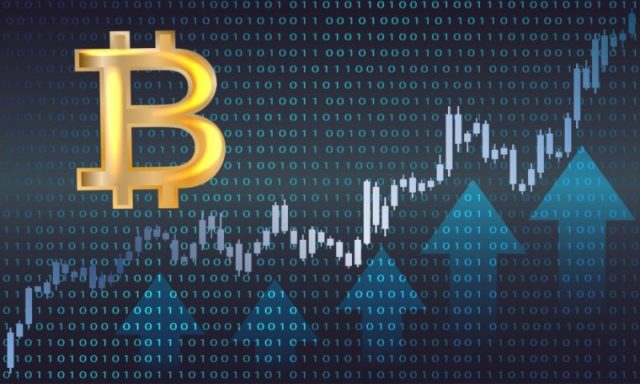Almost nine out of ten Brazilians say they are cautious about their current financial situation and the country’s economic future. That’s what the research by the company GfK and NielsenlQ, released this Monday (10), pointed out.
Studies show that economic caution in Brazil is 45% higher than the global average. According to the data, there is a gradual decline in the participation of the poorest Brazilians in the country’s economy.
The analysis points out that consumption in the country is mainly supported by the high-income population, the group least affected by the coronavirus.
Research shows that only 6% of the population in Brazil saved money during the Covid-19 pandemic and, consequently, feel financially secure.
Another 8% say they fit into an unchanged scenario during the health crisis, where they remained with the same purchasing power. The other portion of the population is cautious about their personal financial situation.
“In general, more than 80% of the population in Brazil is very susceptible to domestic and international problems. We have the pandemic, the war in Ukraine now, all of this is undermining the purchasing power of these people,” said Jonathas Rosa, an executive at NielsenIQ.
The GfK survey highlights that 56% of people from the upper classes purchased durable goods (TVs, refrigerators, washing machines) in the period from October to December 2021.
In addition to the war in Ukraine, economists interviewed by the CNN also report the instability of the Brazilian economy at the moment. They cite, for example, high inflation. Last Friday (8), the IPCA reached the highest level for the month of March since 1994.
The professor and economist at Ibmec, Christiano Arrigoni, explained to CNN that economic problems are responsible for the worst result of the country, compared to other countries.
“The job market in Brazil is worse than the world average, with a smaller and more precarious job recovery and higher unemployment. Inflation also rose more in Brazil than the world average,” said the professor.
“The facts make workers more concerned about the future, as there is a greater chance of losing their jobs and having their real income reduced by inflation”, he concluded.
Source: CNN Brasil
I am Sophia william, author of World Stock Market. I have a degree in journalism from the University of Missouri and I have worked as a reporter for several news websites. I have a passion for writing and informing people about the latest news and events happening in the world. I strive to be accurate and unbiased in my reporting, and I hope to provide readers with valuable information that they can use to make informed decisions.





